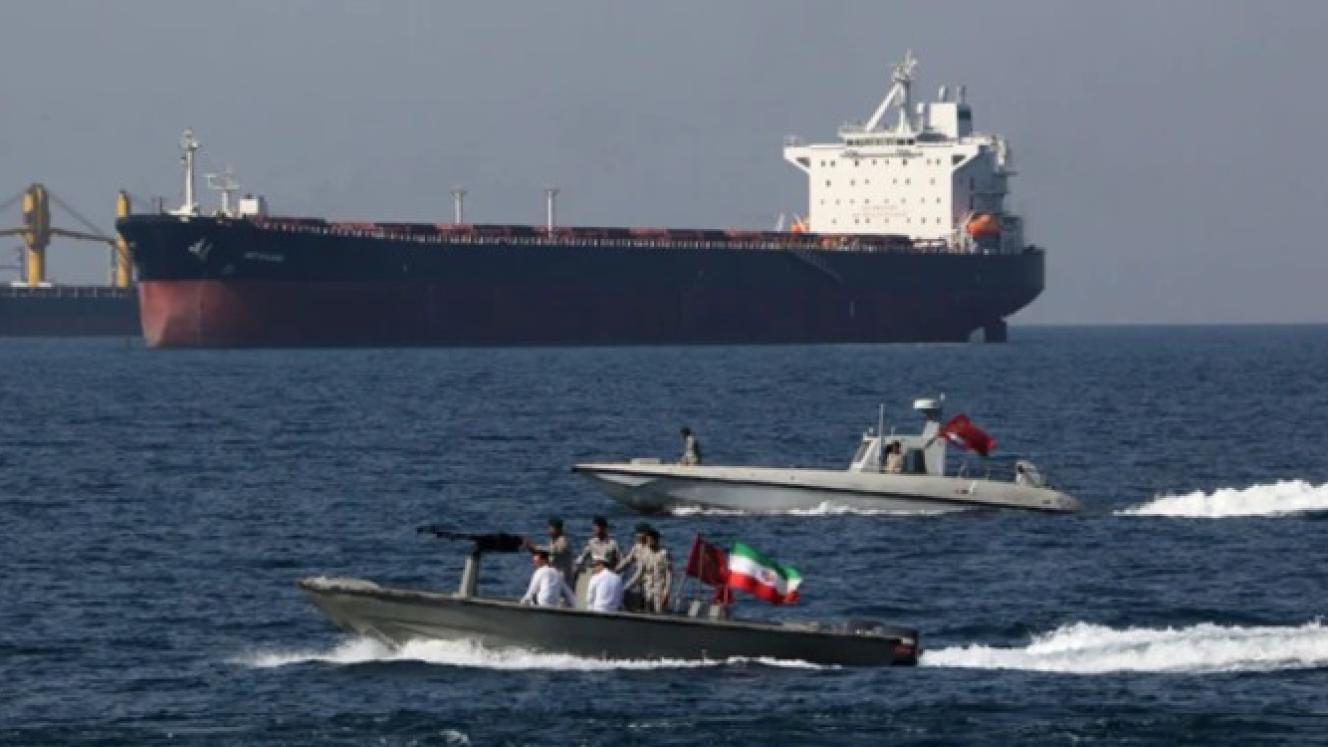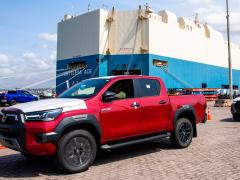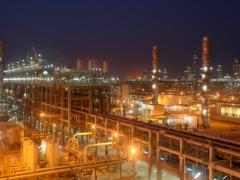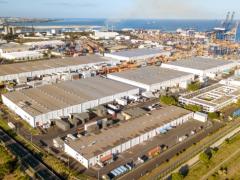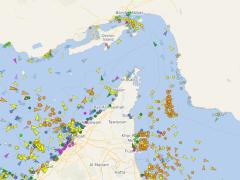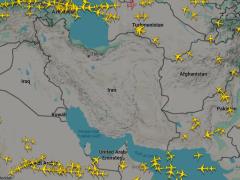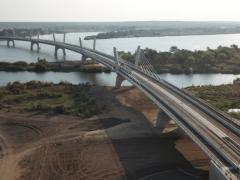Excitement is at an all-time high in Namibia as the country ushers in a new chapter under its first female president.
In one of her first acts in office, President Netumbo Nandi-Ndaitwah moved oversight of the oil and gas industry directly into the Presidency – a bold move that signals just how central the sector will be to her administration’s agenda.
The decision has been widely interpreted as a clear indication of the government's intention to accelerate development, streamline decision-making, and attract investment in what is fast becoming one of southern Africa’s most strategic industries.
During a recent visit to Namibia, logistics operators told Freight News that the president’s decision clearly signalled the sector’s growing importance and the government’s intention to accelerate project approvals and policy execution.
“Having oil and gas oversight within the Presidency could definitely fast-track decision-making,” one operator noted.
However, some stakeholders also expressed concern that the industry may not receive the sustained focus it requires, given the wide range of responsibilities competing for the president’s attention.
There have also been concerns that the move could lead to political interference and compromise regulatory independence.
Nandi-Ndaitwah herself has been vocal about her vision for the country’s future. “Namibia is a strong value proposition for investments from many parts of the world,” she recently stated, underscoring her administration’s intent to position the nation as a serious player in global energy and infrastructure markets.
She has also defended the decision to move oil and gas under the direct oversight of the Presidency, arguing that, as a new and rapidly evolving sector in Namibia, it warrants closer monitoring at the highest level of government.
She has also outlined seven priority areas that will guide her administration over the next five years. These focus areas are set to be integrated into Namibia’s upcoming Sixth National Development Plan (NDP6), aligning long-term policy with the country’s broader economic and social goals.
These include investments in agricultural infrastructure, sports facilities, youth empowerment, and the development of the creative industry. Education and healthcare are also key priority sectors.
According to Nandi-Ndaitwah, the focus areas are all critical enablers of economic growth, aimed at realising an industrialised Namibia.
“There is no better time for Namibia than now, because the future belongs only to those who are willing to work,” she said.
- See our current Freight Features edition on “Namibia”.

